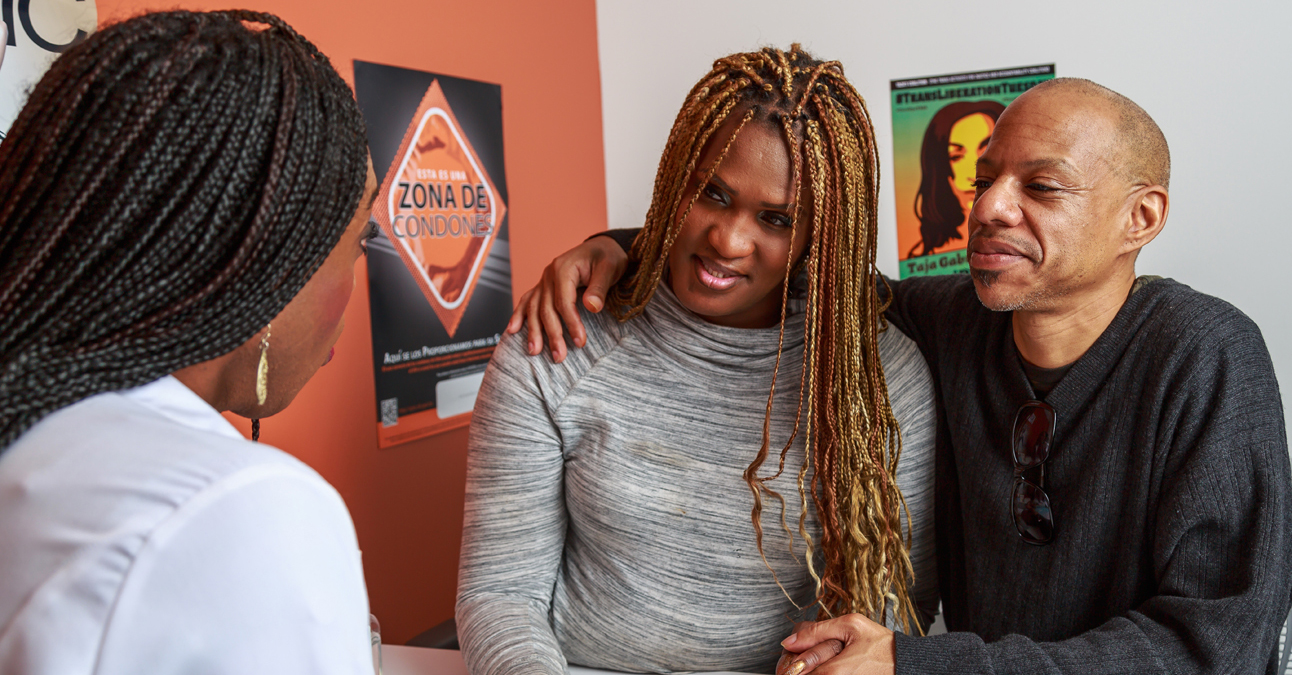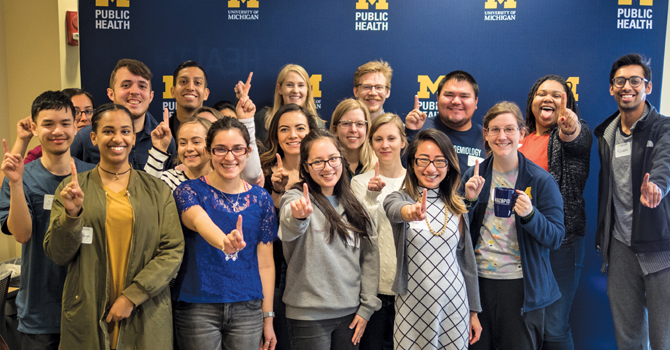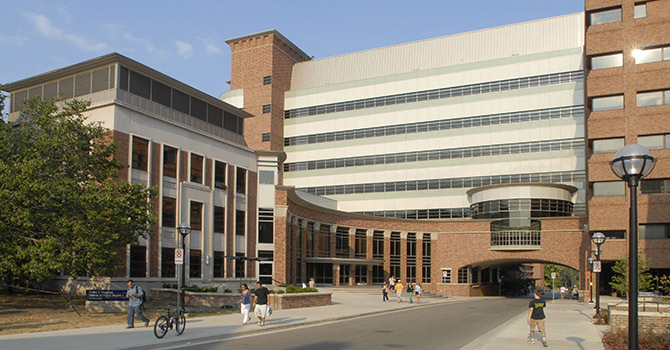
Michigan Faculty Tackle Poverty in Detroit and Beyond
Poverty Solutions and Detroit URC grant-funded projects are helping to address housing stability, homelessness, energy poverty and more in Detroit, across Michigan, and throughout the country.
We're still accepting applications for fall 2025!
Apply Today
Michigan Public Health faculty, staff, students, and alumni are making an impact on public health in the US and around the world. Find the latest news here.

Poverty Solutions and Detroit URC grant-funded projects are helping to address housing stability, homelessness, energy poverty and more in Detroit, across Michigan, and throughout the country.

No one looks forward to that first colonoscopy, but this glimpse into the gut is one of the most powerful existing weapons against colon cancer. Yet current protocol for when to start checking for the disease may be too late for many men and may put many women through an expensive and unnecessary ordeal, according to a new study led by Jihyoun Jeon in the Department of Epidemiology.

More than 20 percent of transgender women are currently living with HIV, and transgender women are nearly 50 times more likely to contract HIV than cisgender individuals. A research team led by Kristi Gamarel, assistant professor of Health Behavior and Health Education, is working to address this health inequity.

Many students at Michigan Public Health are the first in their family to attend college. Across the school, these students model the resilience and dedication needed to approach some of public health’s biggest challenges.

Tiffany Veinot sees great potential for technology to improve the health of populations everywhere. As director of the University of Michigan’s Master of Health Informatics program, a partnership of the School of Public Health, the School of Information, and the School of Medicine’s Department of Learning Health Sciences, Veinot leads a cross-campus educational initiative bringing technology to bear on human health outcomes.

The University of Michigan is committed to reducing its carbon footprint by 25 percent by 2025. The School of Public Health reduced energy consumption by over 34 percent in 2017, leading to an invitation to the Michigan Battle of the Buildings.